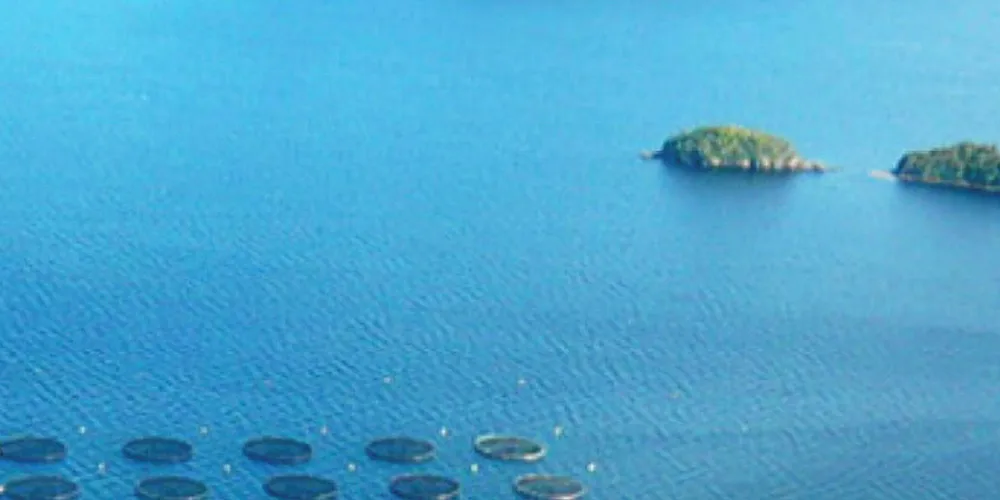Mowi calls for climate change action after massive farmed salmon die-off in Newfoundland
High water temperatures in Newfoundland are the new normal, according to Mowi Canada East.

High water temperatures in Newfoundland are the new normal, according to Mowi Canada East.
